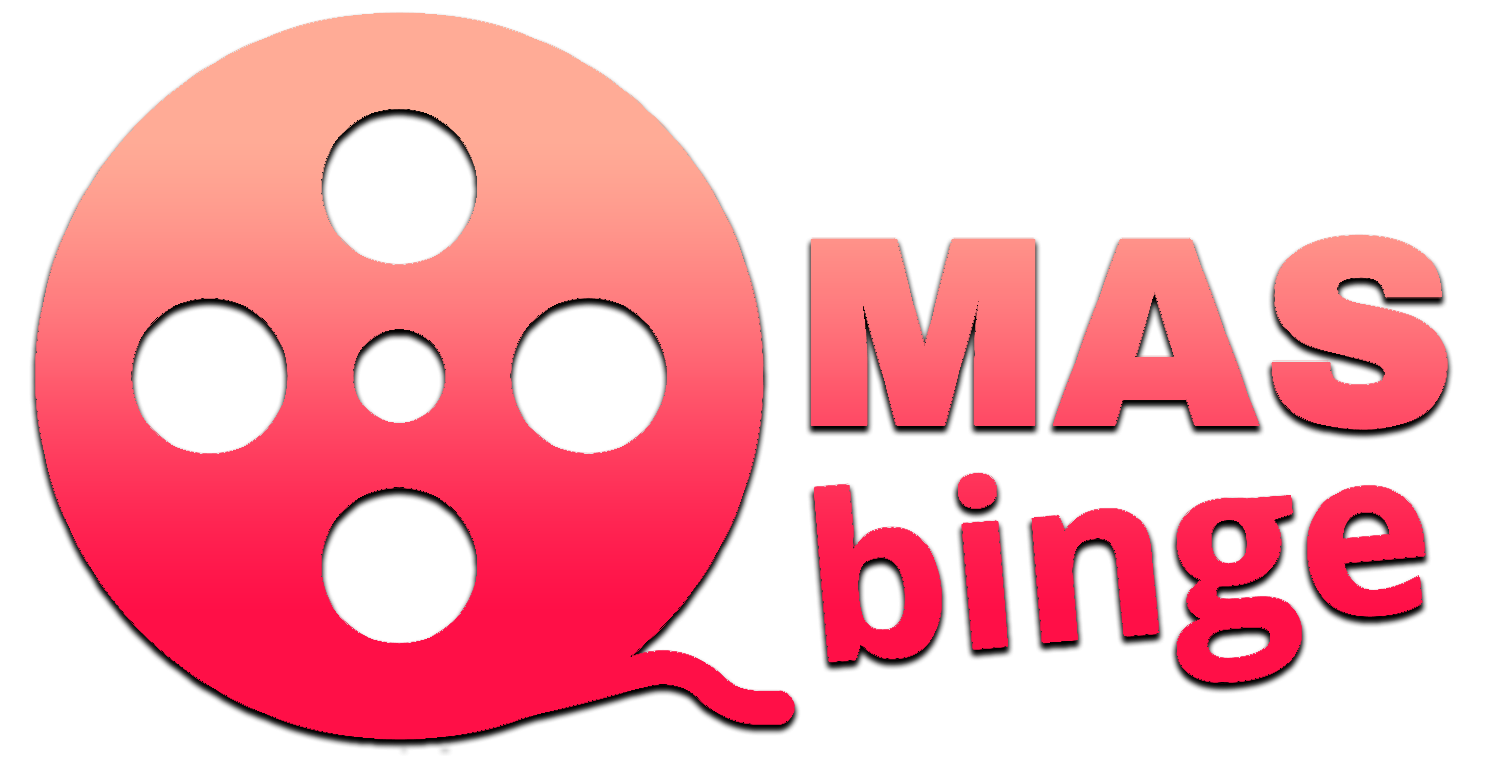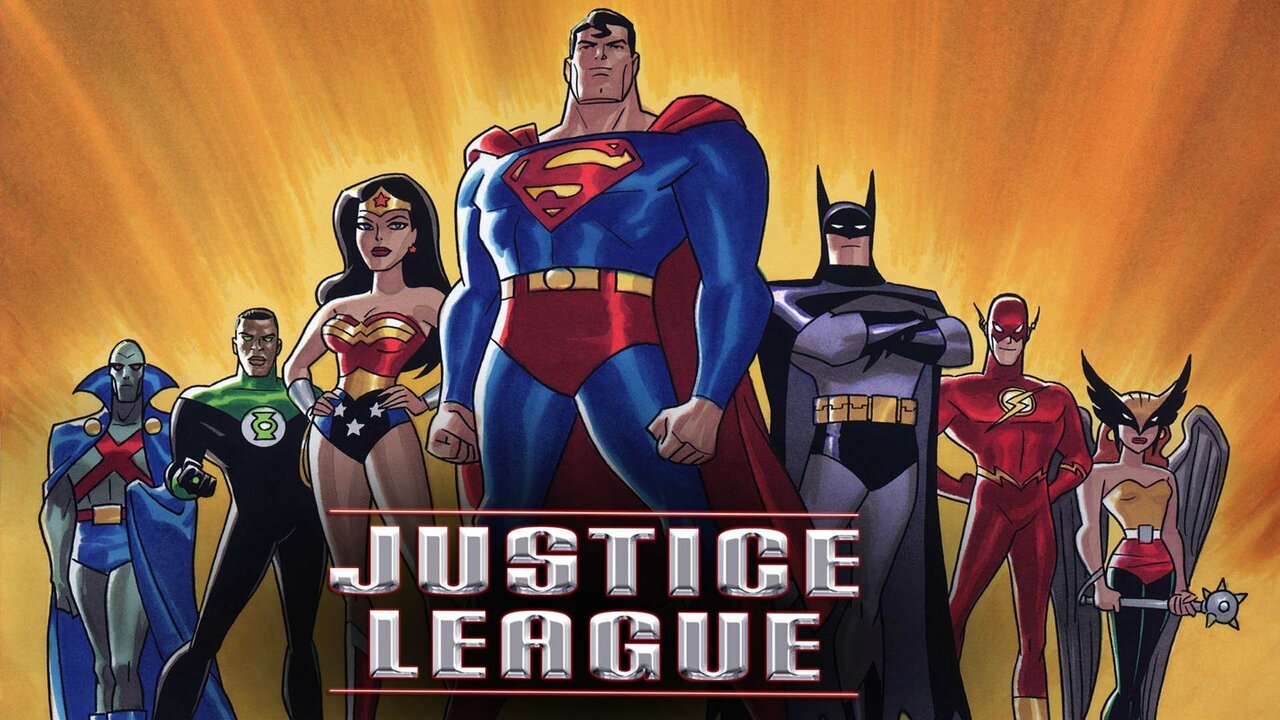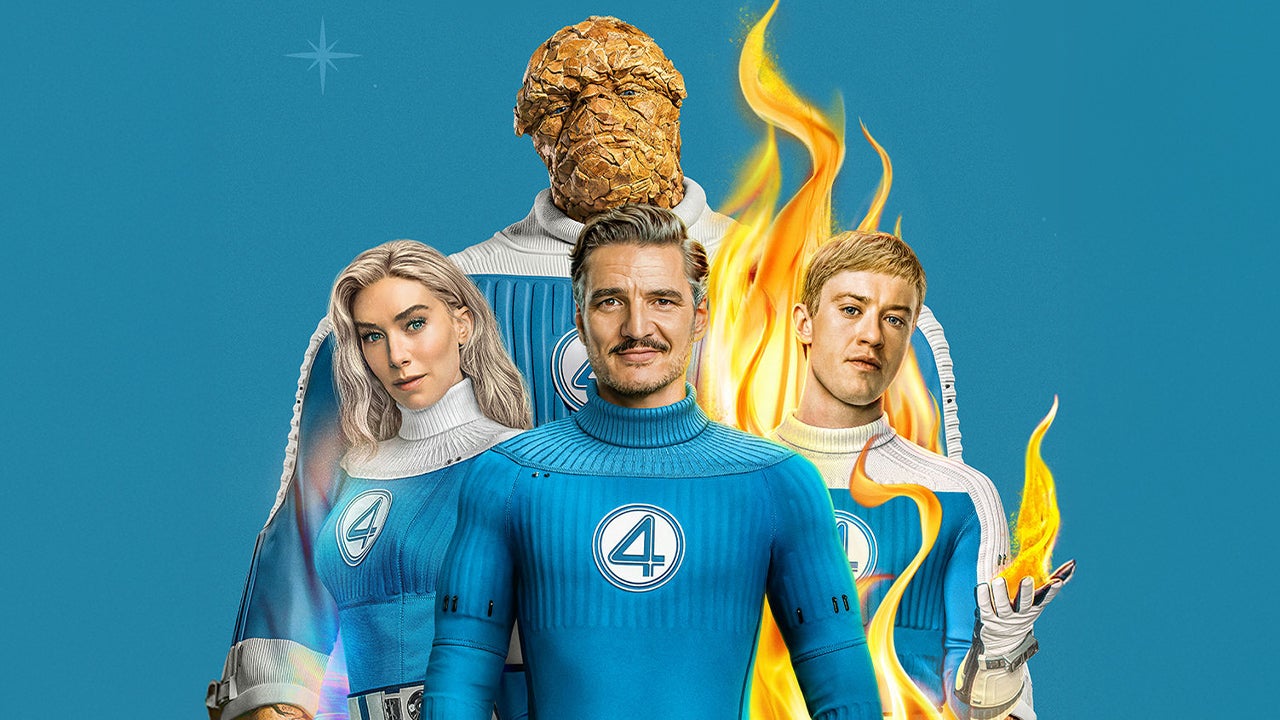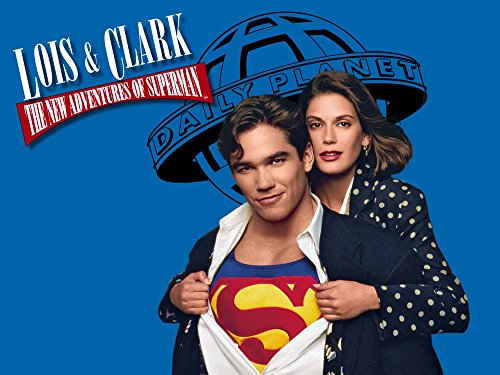Looking Back at the 1998 Godzilla: A Monster-Sized Misstep or Underrated Classic?

When Godzilla roared into theaters in 1998, expectations were sky-high. Directed by Roland Emmerich (Independence Day) and produced by Sony Pictures, the film was meant to be Hollywood’s bold reimagining of Japan’s most iconic monster. With a massive marketing campaign, big-budget effects, and a modern spin on the kaiju legend, it seemed like the King of the Monsters was poised for a triumphant Western debut. But instead, the film landed with a mixed reception that has divided fans and critics for decades.
Starring Matthew Broderick, Jean Reno, Maria Pitillo, and Hank Azaria, Godzilla (1998) follows the story of a giant reptilian creature awakened by nuclear testing. After leaving a trail of destruction across the Pacific, the creature arrives in New York City, where it makes its nest and prepares to multiply. Dr. Niko Tatopoulos (Broderick), a biologist, is brought in by the U.S. military to study the beast and help eliminate the threat. With the help of a quirky news crew and a secretive French agent (Reno), Niko must outsmart the creature and stop its potential offspring before they overrun the city.
The film was a commercial success, grossing over $379 million worldwide, but critically, it was a different story. Many longtime Godzilla fans were disappointed by the drastic changes made to the character’s design and origins. The creature—nicknamed “Zilla” by Toho in later years—was sleeker, faster, and more animalistic, lacking the towering, radioactive menace of its Japanese counterpart. Emmerich’s focus on disaster spectacle over the philosophical and metaphorical weight of the original films led to criticism that Godzilla lacked the soul of the franchise.

Despite its flaws, the movie did leave a cultural footprint. The soundtrack, featuring tracks by Puff Daddy (with Jimmy Page) and Rage Against the Machine, was a hit, and the film introduced many American audiences to the kaiju genre. It also inspired an animated sequel series, Godzilla: The Series, which many fans argue captured the spirit of the franchise better than the film itself.
In hindsight, the 1998 Godzilla is a curious piece of cinematic history. It’s not the Godzilla that fans expected, but as a standalone monster movie, it delivers entertaining action, impressive (for the time) effects, and classic late-’90s blockbuster energy. While it’s often overshadowed by Toho’s legendary kaiju films and the more faithful Legendary MonsterVerse entries, the 1998 film remains a nostalgic guilty pleasure for some and a cautionary tale for others.
Love it or loathe it, Godzilla (1998) helped pave the way for future reboots and reminded Hollywood that some legends are best left close to their roots—or at least treated with the reverence they deserve.





